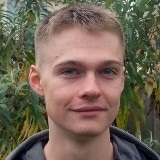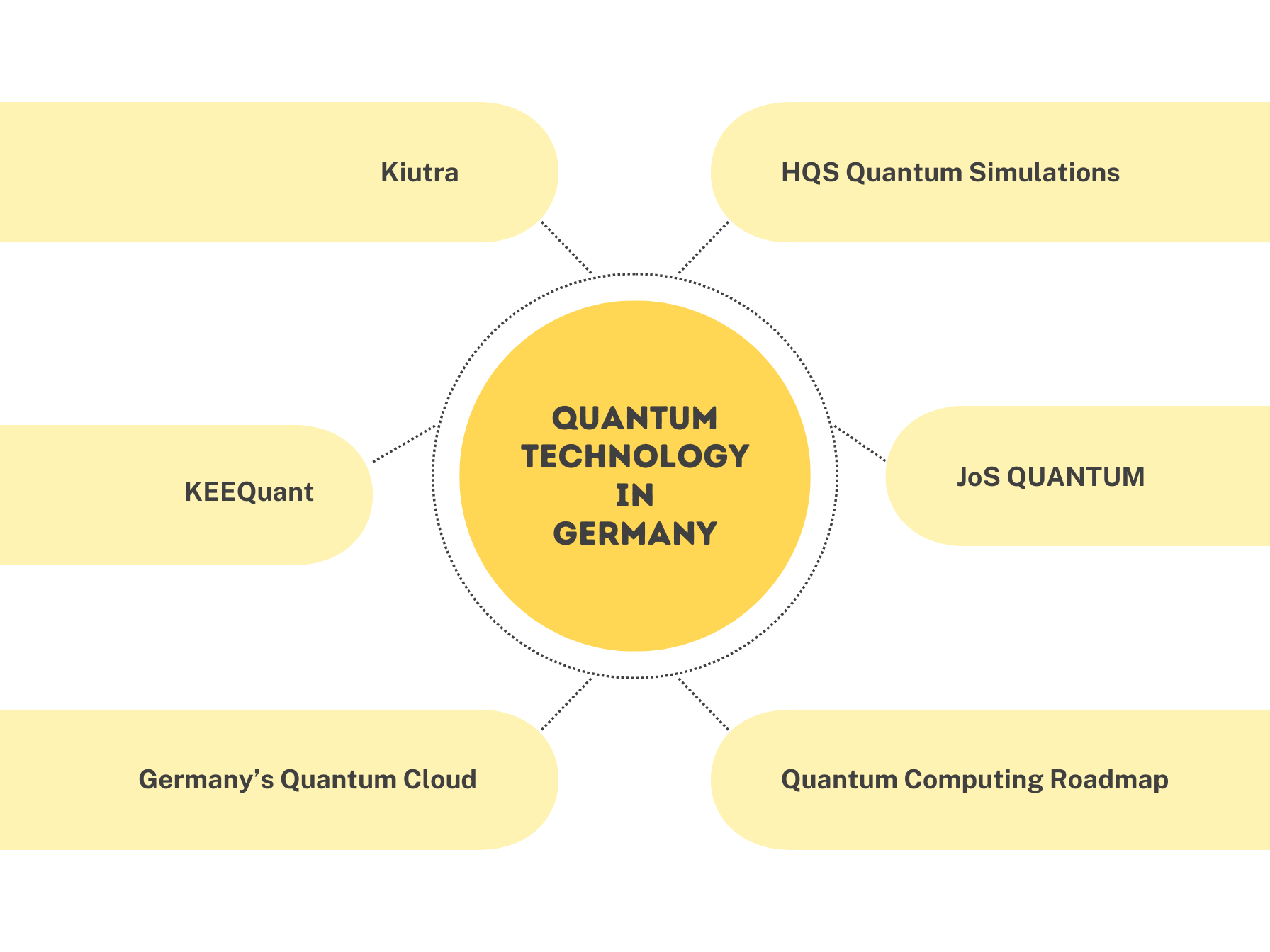 By Joe PicklesFeb 23 2023
By Joe PicklesFeb 23 2023
Einstein, Planck, Heisenberg, and Schrödinger were all German scientists who made revolutionary discoveries in the field of quantum mechanics. Today, Germany is seeing a renewed interest in Quantum technology, as more and more start-ups appear. Each is targeting a different niche in the quantum field, making this an exciting time for German technology.
Federal Investment
In 2021, the German Government unveiled its Quantum Computing Roadmap, which promised an initial investment of over two billion euros in quantum computing. The main aim of this roadmap is to drive innovation through competition. The government hope this will lead to a robust quantum network in Germany, and the development of scalable quantum hardware.
The German Government recently awarded a €67 million contract to the UK-based company Universal Quantum, commissioning them to build a trapped-ion quantum computer. Germany is keen to develop its quantum capabilities, and this partnership with a company that has successfully engineered quantum computers is a strong start. It has also enlisted the help of start-ups from Germany to meet these goals.
Germany’s Quantum Cloud
In addition to the Universal Quantum partnership, Germany’s Ministry of Economic Affairs has set-up a collaboration to create a “Quantum Computing Business Cloud”. This project will give German Businesses remote access to Quantum Computers, so they can run complex simulations that only quantum computers can handle.
There are four major contributors to this project, each based in Germany.
- QMWare develop software for Hybrid Quantum Computing, which is the use of classical and quantum computers in tandem so that they cover each other’s weaknesses.
- IONOS are a cloud-computing company working to connect quantum computers to their established network.
- Fraunhofer FOKUS is a research institute with a team dedicated to adapting algorithms for use on quantum computers.
- The University of Stuttgart has been part of quantum research collaborations since 2014 and is bringing its expertise to the partnership.
The German Government hope that this Quantum Cloud will benefit several industries, such as finance, engineering, and pharmaceuticals. They have already invested tens of millions of euros into the project, and this support will likely continue.

Image Credit: Bartlomiej K. Wroblewski/Shutterstock.com
Founded in Karlsruhe in 2017, HQS Quantum Simulations is developing quantum simulations for chemical and material research. This software is designed to run on noisy systems, meaning it can be used by the quantum computers of today. HQS sells this technology on the basis that it is easy to incorporate into existing research and promises bespoke algorithms for its client’s needs. While other quantum chemical simulations exist, HQS’s software focuses on material science specifically, giving it an important niche in the market.
Headed by experts from the Technical University of Munich, the work of Kiutra will help develop quantum hardware. The company designs fully integrated cooling systems, for a range of research applications. Cooling systems are essential to the operation of quantum technology, such as sensors and computers, which depend on superconductive materials.
Kiutra’s L-Type Rapid system is designed to quickly cool samples to around 0.3 Kelvin, and this can be used to test prospective quantum components. This unique design means that the materials used for these can be cooled and tested faster than ever, speeding up the development of components. This was one of the main considerations in L-Type Rapid’s design, which is already being marketed to researchers.
Another recent startup, JoS, started out by creating quantum algorithms designed for mathematical research which the company incorporated into its flagship product. It has developed quantum software which is able to analyze risk models far more quickly than classical computers. Risk models are common practice in finance, but companies from other industries also make use of these. With the aid of quantum computing, companies will be able to analyze these models in more detail than ever before.
The algorithm is designed to run on quantum computers with around 200 hundred qubits, a scale which has not yet been achieved, but the company has successfully tested a simpler version. The prototype algorithm ran multiple tests on a risk model used by Deutsche Börse, a German stock trading platform.
KEEQuant is a Bavarian company developing new methods of Quantum Key Distribution, or QKD. QKD is a form of key cryptography where keys are transmitted using quantum technology, which allows for the detection of eavesdropping. QKD can currently only be performed using specialized networks built from exotic components, so those not connected to these networks can’t access the technology.
KEEQuant are experimenting with a variant of QKD, known as Continuous-Variable QKD. This type of QKD is resistant to certain attack types, and KEEQuant are working to make Continuous-Variable QKD a mature and reliable technology. In addition, the company wants to design a QKD method that is not dependent on the exotic components that the current networks require. Instead, they are designing technology that can be implemented on the user’s hardware, so that QKD is no longer so limited by the location of networks.

Outlook
German universities have shown a keen interest in quantum technology. Nine universities have dedicated Quantum Technology courses, and more have invested in quantum research. This will create more experts ready to take on the challenges, following in the footsteps of those who founded the many start-ups. Each start-up is tackling its respective technology from a new angle, promising to bring about innovation. Even the German Government’s approach of focusing investment on specific projects is unique and the country may soon see the results of this dedication.
Regional Spotlight: Quantum Technology in the Netherlands
References and Further Reading
Filipp, S. Leibinger, P. et al. Roadmap Quantum Computing. VDI. (2021) https://qbn.world/wp-content/uploads/2021/02/Roadmap-Quantencomputing-bf-C1.pdf
Chase, J. Germany to Create Its First Quantum Computing Business Cloud. Cision. (2022) https://www.prnewswire.com/news-releases/germany-to-create-its-first-quantum-computing-business-cloud-301674355.html
HQS Simulations. About HQS. Online. (2022) https://quantumsimulations.de/
Kiutra. Innovative Cryogenics. Online. (2022) https://kiutra.com/
Braun, M.C. Decker, T. Hegemann, N. Kerstan, S.F. Schäfer. A Quantum Algorithm for The Sensitivity Analysis of Business Risks. arXiv:2103.05475 [quant-ph]. (2021) https://arxiv.org/abs/2103.05475
KEEQuant. Technology. Online. (2022) https://www.keequant.com/technology/
Disclaimer: The views expressed here are those of the author expressed in their private capacity and do not necessarily represent the views of AZoM.com Limited T/A AZoNetwork the owner and operator of this website. This disclaimer forms part of the Terms and conditions of use of this website.